Join the author, Néstor T. Carbonell, as he shares a critical analysis of the Castro-Communist regime and explores the challenges and opportunities that will likely arise when freedom finally dawns in Cuba.
CHAPTER 10: Did Castro Get to Kennedy before Kennedy Got to Him? (1963)
The CIA plan was discussed with Cubela in Brazil on September 7, 1963. It called for covert action by him and his military coconspirators to «neutralize» (kill) Castro, overthrow the regime, and form a new pro-US government that would, if necessary, request US military assistance to quash any resistance/1 Cubela was on board with the plan but requested military supplies, including a weapon to carry out his mission and protect himself, as well as a meeting with Robert Kennedy. He wanted proof that the Kennedy brothers were involved in, and supportive of, the plot.
At the CIA headquarters, Cubela’s request for a parley with the attorney general was turned down, but to assure him that the plan presented to him had presidential blessing, Desmond Fitzgerald met with him on October 29 at a safe house in Paris. Fitzgerald was an East Coast socialite, friend of the attorney general, who was chief of Task Force W charged with covert operations against the Castro regime. Although Fitzgerald did not reveal at the meeting his real name and title, he identified himself as Robert Kennedy’s personal representative and gave additional evidence of the Kennedy involvement, which seemed to satisfy Cubela. The only thing missing was the assassination weapon.
The comandante had requested an FAL rifle with a silencer, but instead he got an intricate device delivered to him in Paris, on November 22, by CIA case officer Sanchez. It consisted of a pen fitted with a syringe that could be filled with poison to be injected into Castro. The needle was so fine that Fidel would not feel its insertion. While Sanchez was showing Cubela how to operate the device, an urgent call came from Fitzgerald in Washington: President Kennedy had just been shot in Dallas.»
The question arises: Is there any connection between the CIA-Cubela plot to kill Castro and the assassination of President Kennedy by Lee Harvey Oswald, a lifelong Marxist and ardent supporter of Castro and the Cuban Revolution? Or was it just coincidence? Circumstantial evidence suggests a possible linkage.
On September 7, 1963, a few hours after the CIA discussed with Cubela the plan to kill Castro, Fidel gave an interview to an Associated Press reporter in which he put the United States on notice that «aiding terrorist plans to eliminate Cuban leaders» would mean that «they themselves will not be safe.»
Whether in connivance with Havana or simply aroused by the Cuban Revolution and eager to defend it against US «aggression,» Oswald apparently backed up Fidel’s threat. As early as 1959, Oswald, then stationed at the Marine Corps Air Station El Toro in Southern California, was mesmerized by the bearded leader’s saga and made contact with the Cuban Consulate in Los Angeles. According to Latell, this prompted the Castro regime to open a dossier on Oswald.
Just a few months before Kennedy’s death, Oswald staged in New Orleans, where he was living, several one-man demonstrations representing the pro-Castro Fair Play for Cuba Committee. He scuffled with anti-Castro activists and was briefly arrested. Then in late September 1963, he went to Mexico City to get a visa at the Cuban Consulate to travel to the island, but the visa was not forthcoming.
During his five-night stay in Mexico, reports Latell, Oswald also visited the Soviet Embassy, where he met with «an officer of the notorious Department 13, responsible for assassination and sabotage operations» and for training Cuban intelligence agents.
The CIA, which closely monitored the Cuban and Soviet embassies and consulates in Mexico City, as well as the hotel where most of their visiting agents stayed, was suspicious of Oswald and kept him under surveillance. However, the investigation was abruptly ended. As highlighted by the Wall Street Journal editor Mary O’Grady in her November 17, 2013, column, when the US ambassador to Mexico Thomas Mann pushed hard for more information about Oswald’s sojourn in the country, his request was surprisingly denied. In his memoir, Mann wrote: «The Embassy received instructions to cease our investigation of Oswald’s visit to Mexico and to request that the Mexican government do the same.» Mann asked for reconsideration and was turned down.»
What accounted for the virtual blackout, which resulted in withholding from the Warren Commission investigating the Kennedy assassination critical information about Oswald’s Cuban-Soviet contacts in Mexico and about the CIA-Cubela plot to kill Castro? Was the hush decision made for security reasons, to avoid compromising the CIA and triggering a Cuba casus belli? Was it prompted or influenced by political considerations, to shield the president’s legacy and not ruin his brother’s political aspirations? Or was it a combination of these and other concerns?.
There are still many questions not satisfactorily answered regarding the Cuban connection and whether there was a second gunman involved in the assassination. But pending the release of thousands of JFK assassination records not yet declassified, what appears so far to ring true is Brian Latell’s assertion that Fidel Castro was at least aware that Oswald was going to shoot the president.
This was brought to light by Florentino Aspillaga, considered the most valuable defector ever to flee Cuba’s DGI intelligence service. He told his CIA debriefer when he escaped in 1987, and recently he told Latell, that the DGI had instructed him shortly before the assassination to drop his routine radio surveillance of the CIA and Cuban exiles and focus on signals from Texas—»any little detail, small detail from Texas,» his boss said. And about three hours later, just after midday on November 22, 1963, Aspillaga had something to report that was much more than a small detail: the assassination in Dallas of the president of the United States.
While Aspillaga’s testimony and other pieces of information seem to link Castro, at least indirectly, to the crime, no hard evidence has yet surfaced implicating him in the organization of the plot. And yet President Lyndon Johnson, who was privy to state secrets surrounding Kennedy’s tragic death, confided to his friend, journalist Howard Smith, in October 1968, shortly before leaving office: «I’ll tell you something that will rock you,» he said. «Kennedy was trying to get to Castro, but Castro got to him first.» Smith begged for detail, but Johnson refused to provide any, saying only, «It will all come out one day.»
Then in September 1969, when Johnson was interviewed for a CBS series about his presidency, Walter Cronkite asked him in connection with Kennedy’s assassination if he was satisfied that there was no foreign conspiracy. «I can’t honestly say that I’ve ever been completely relieved of the fact that there might have been international connections,» Johnson replied. Cronkite, intrigued by the answer, pointedly asked him if his suspicions involved Cuba. In response, Johnson cautiously said, «Oh, I don’t think we ought to discuss the suspicions, because there’s not any hard evidence that would lead me to the conclusion that Oswald was directed by a foreign government.»
Three weeks before the segment aired, Johnson insisted that the exchange be deleted on grounds of «national security.» CBS reluctantly obliged, but in April of 1970 the story that Johnson «expressed fundamental doubts of the Warren Commission’s conclusion» during the Cronkite interview leaked out anyway.
In July of 1973, six months after Johnson’s death, The Atlantic carried an article by Leo Janos, a journalist and former Johnson speechwriter, which refers to Johnson’s belief that Kennedy’s assassination was the result of a conspiracy organized from Cuba. «I have never believed that Oswald acted alone, although I can accept that he pulled the trigger,» he reportedly explained to Janos. Johnson thought such a conspiracy was hatched in retaliation for US plots to assassinate Fidel Castro. Johnson stated that after taking office he had found that the government «had been operating a damned Murder Inc. in the Caribbean.»
Joseph Califano, a former high-level government official in the Kennedy and Johnson administrations, who was coordinator of Cuban affairs at the Pentagon, concurred with Johnson’s opinion about Castro’s complicity in the Kennedy assassination. He wrote in his memoir, «I have come to share LBJ’s view (that Castro) got him first.’ … Over the years I have come to believe that the paroxysms of grief that tormented Robert Kennedy for years after his brother’s death arose, at least in part, from a sense that his efforts to eliminate Castro led to his brother’s assassination.»
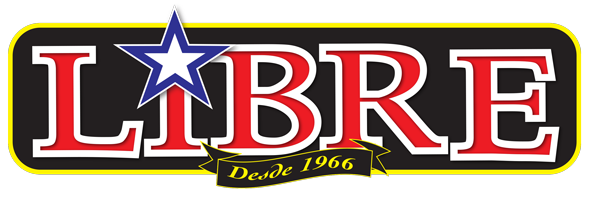


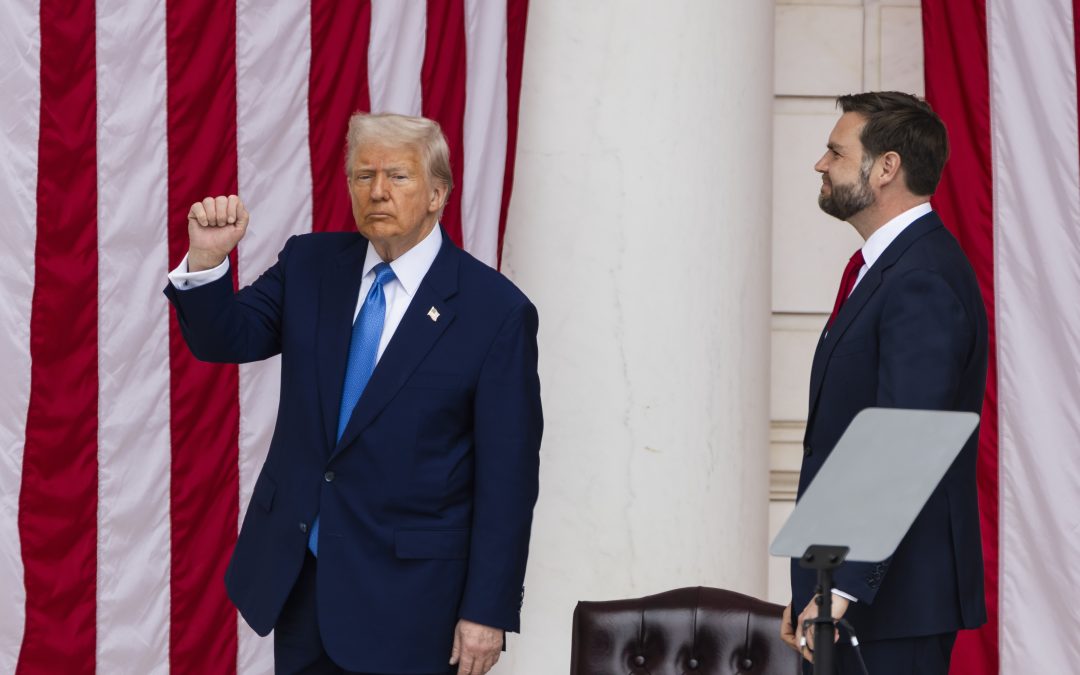
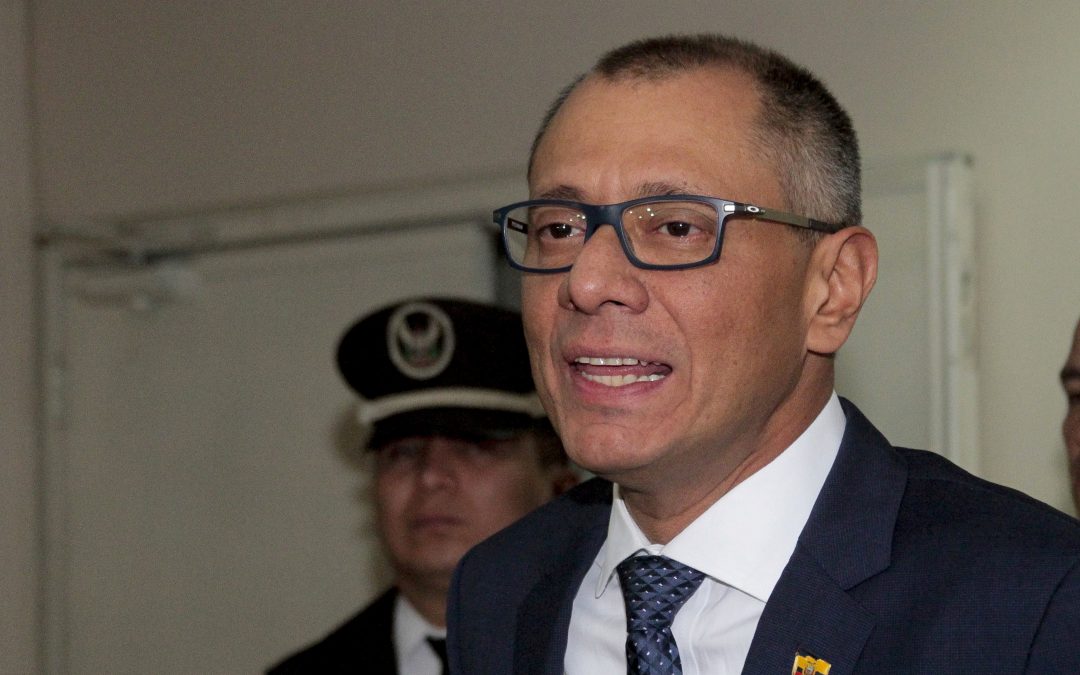
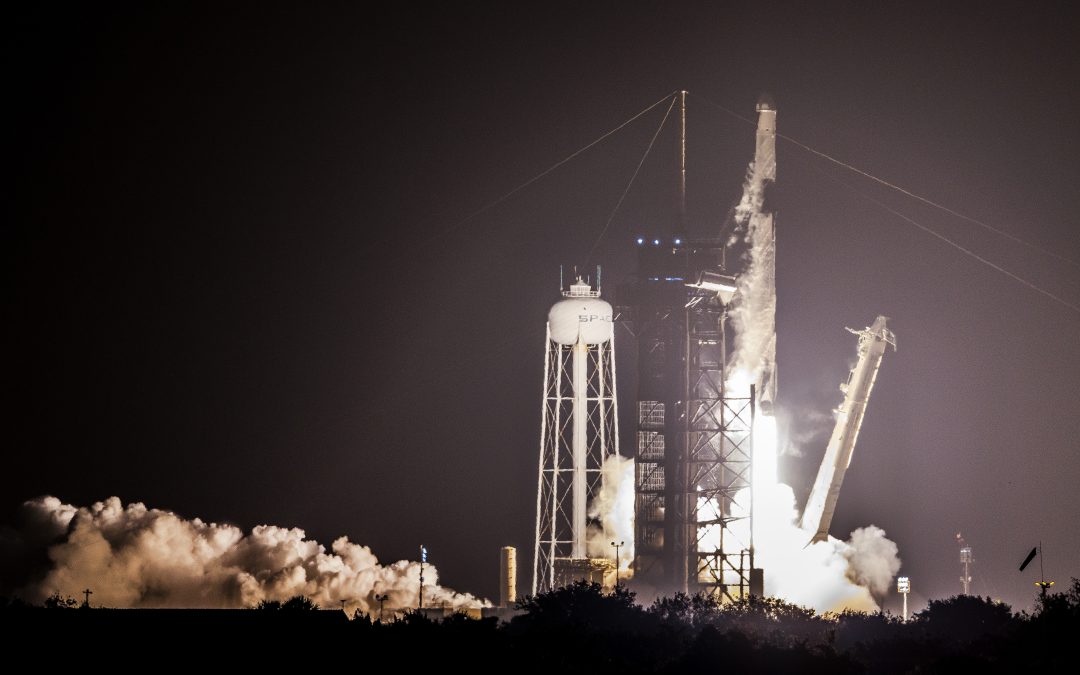
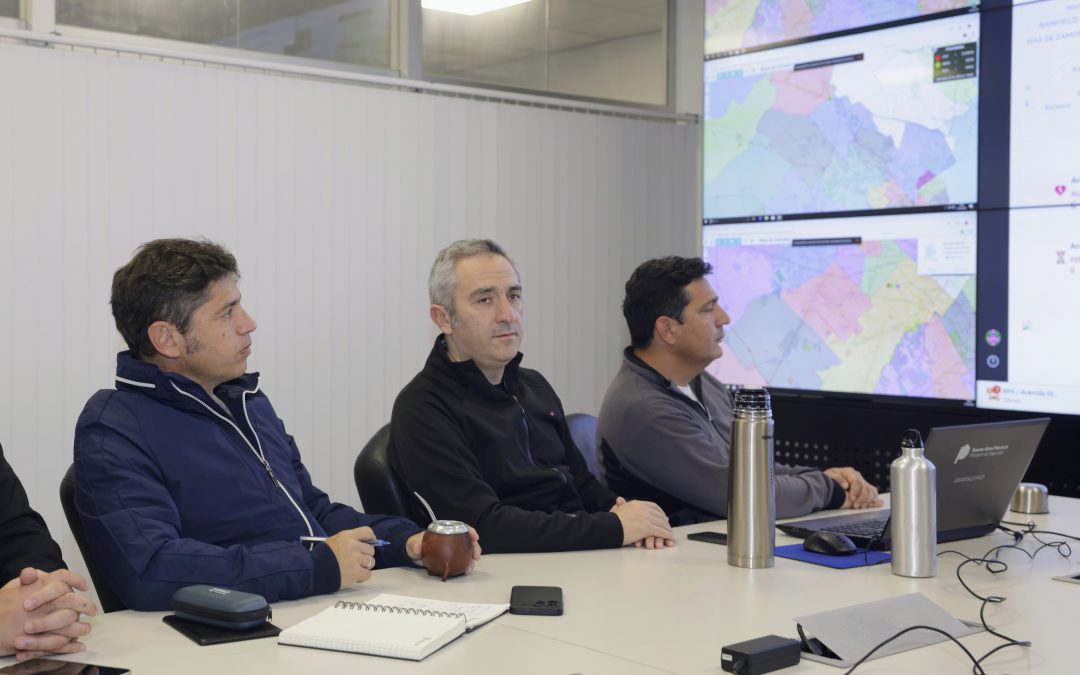
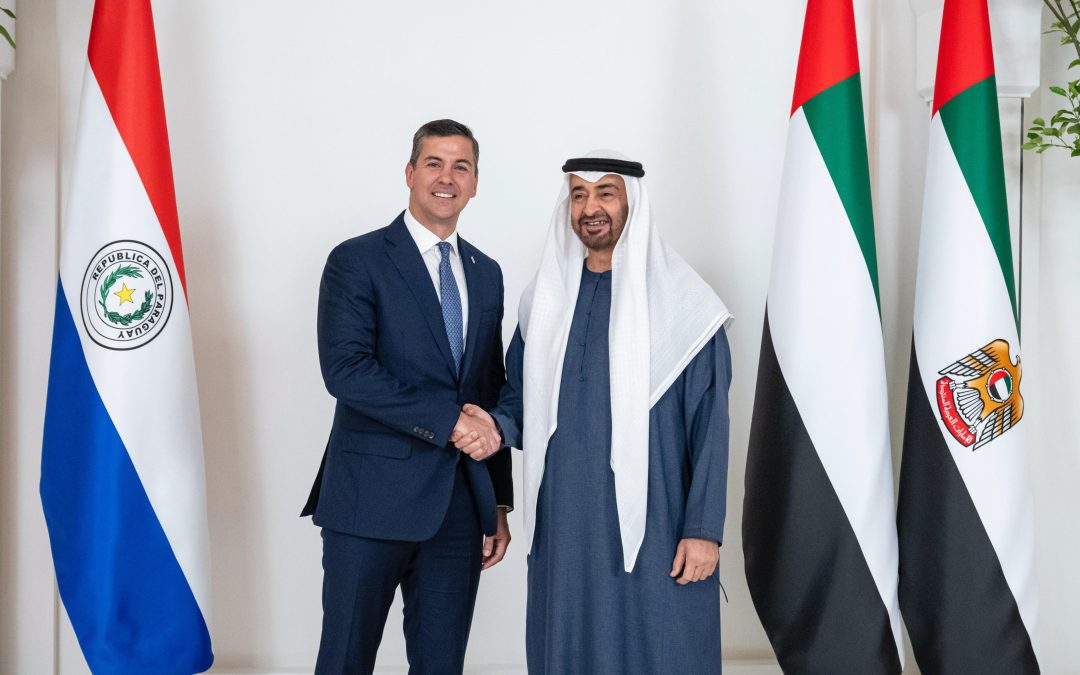
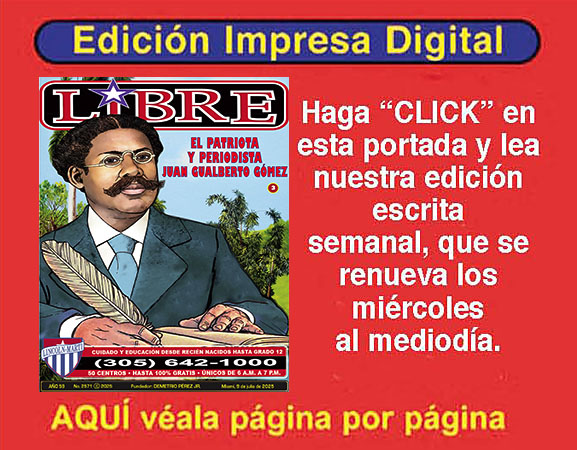

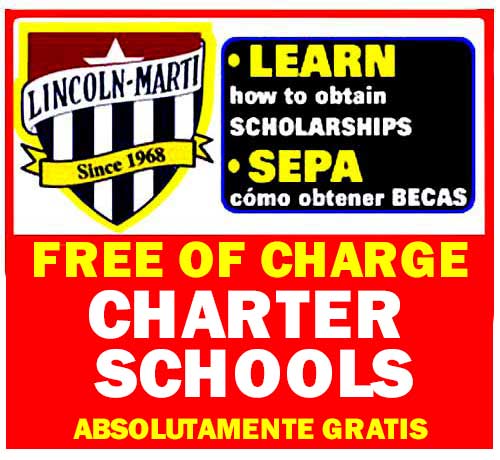
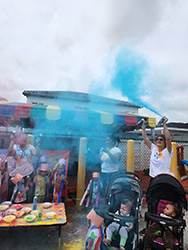
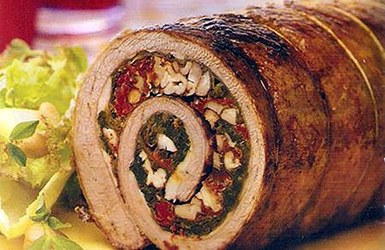
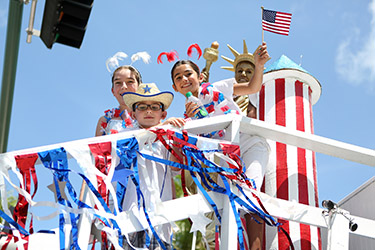
0 comentarios